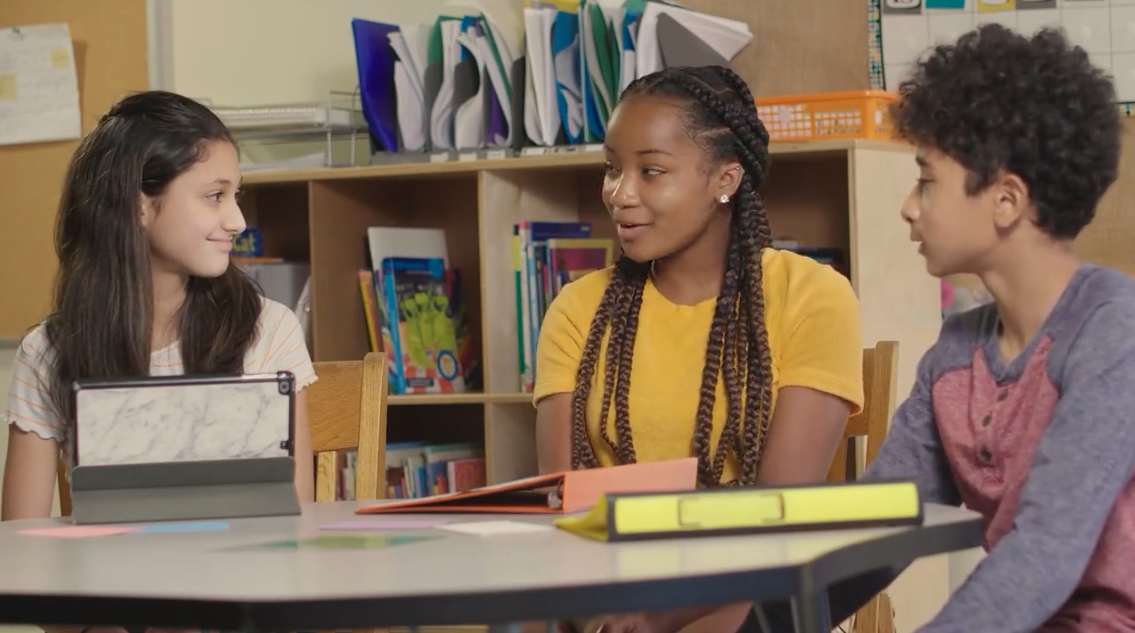
Introduction
Change can be challenging, especially when working in a group setting. Unexpected changes can make us feel upset or anxious, and learning to adapt is crucial for successful collaboration. This blog post will explore the concept of Switching Tracks, a strategy that helps high school students navigate change in group settings while maintaining a calm demeanor and using kind words with their peers. By learning to switch tracks, students can develop resilience and flexibility when working with others.
No-Prep Activity: The Balancing Act
This activity requires no preparation or materials from the educator. Have your students form groups of 4-5. Instruct each group to stand in a circle and balance an imaginary object on their fingertips. The goal is for the group to work together to keep the object balanced. As the activity progresses, introduce unexpected changes, such as adding or removing group members, or changing the size or shape of the imaginary object. Encourage students to communicate and adapt to these changes while keeping the object balanced. Debrief the activity by discussing the strategies used to adapt to the changes and how they relate to Switching Tracks.
Discussion Questions
- How did you feel when unexpected changes were introduced during the activity? What strategies did you use to adapt to these changes?
- Can you think of a real-life situation where you had to switch tracks in a group setting? How did you handle it?
- Why is it important to stay calm and use kind words when adapting to change in a group setting?
- How can compromising help when switching tracks? Can you think of a time when you had to compromise in a group setting?
- What are some challenges you might face when trying to switch tracks in a group? How can you overcome these challenges?
Related Skills
Switching Tracks is just one aspect of effective group work. Other relevant skills for students to develop include:
- Active listening: Paying attention to others’ ideas and opinions.
- Communication: Clearly expressing thoughts and ideas to group members.
- Collaboration: Working together to achieve a common goal.
- Problem-solving: Identifying and addressing challenges that arise during group work.
- Conflict resolution: Addressing disagreements and finding solutions that work for everyone involved.
Next Steps
Teaching students to switch tracks in a group setting is an essential skill for navigating change and fostering successful collaboration. To access free samples of skill-building materials, including Switching Tracks and many others, visit Everyday Speech. These resources can help you support your students’ social-emotional growth and prepare them for the challenges they will face in group settings.

